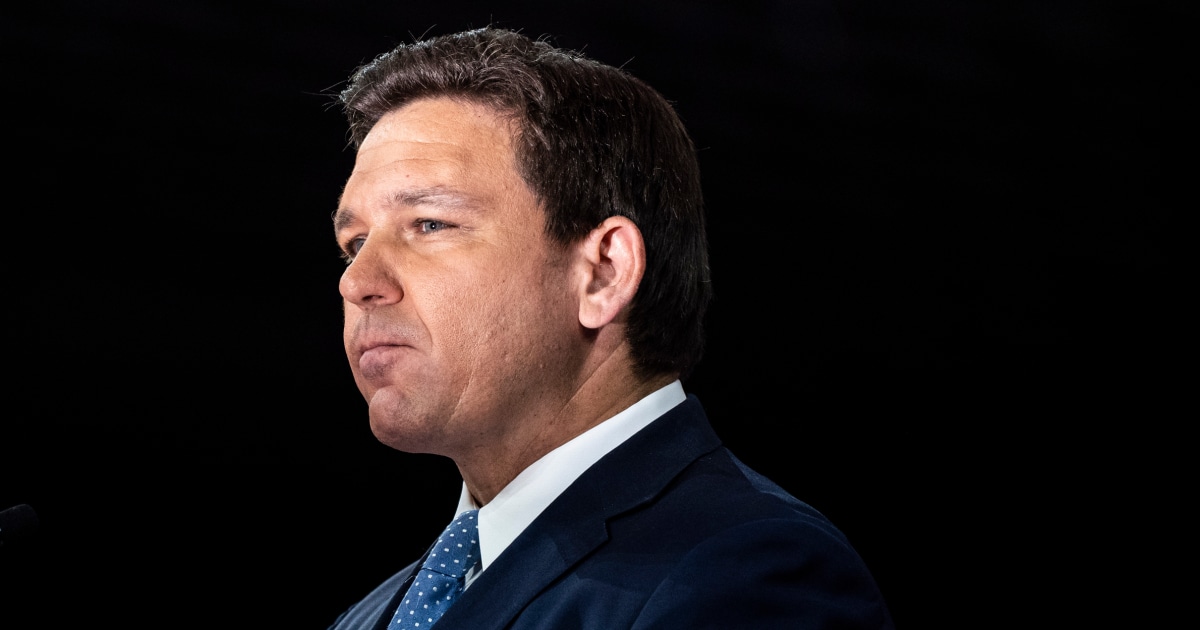The language and philosophy there is already upended, and has been for centuries. The history of marriage that gets us to this point is honestly kind of comical. The Protestant Reformation brought to the West the idea that marriage should not be a personal or religious activity but rather a governmental one (because they wanted to draw power away from the Vatican). The Roman Catholic Church in the counter-Reformation added more pomp and ceremony to try and counteract that idea. And the melting pot of modernity has decided to keep both options and have big, fancy celebrations of love tied to soulless government bureaucracy.
Marriage, at core, is secular. It is a contract between two people, affirmed and recognised by the state with legal ramifications (property, care/responsibility, etc.). For the Romans, for instance, the concept of citizenship was important in marriage: a key function of marriage was to produce "legitimate" children, in large part to be able to identify who was a citizen and who was not. If a man or woman wanted to marry or divorce in ancient Rome, they didn't have to ask the permission of the priesthood or have them oversee anything. The early Christian church co-opted Roman marriage, made it religious, and assumed a form of control over it. In that, from a global perspective, it was an innovation and anomaly, although perhaps copied to some degree by Islam (which conceived of state and religion as one). So it was most of the world over: effectively, a social and legal institution, not religious. When Protestants returned marriage to individuals and the state, they did nothing more than return marriage to its conventional form.
Marriage almost certainly in many places often involved a level of religiosity, as a pious population would seek divine blessing: but they also sought divine blessing when embarking on battle/war, growing their crops, heading out on a long journey and all manner of other things that we don't think intrinsically religious. This is a far, far call from demanding that religions own marriage or deserve the right to determine marriage for society as a whole.
It is, bluntly, absurd to imagine I or anyone else, especially atheists, require a religion to affirm our relationship with another person. To an extent, I think it is absurd to require the state to validate it either, except that on a practical level I do appreciate that there are legal ramifications (property, citizenship, etc.) which ultimately require some element of state involvement. But seeing as the state is going to get involved, the least we should offer is that it allows individuals to arrange their relationships without the suffocating restriction of weird, millennia-old religious dogma. That is, after all, what secularism is.

